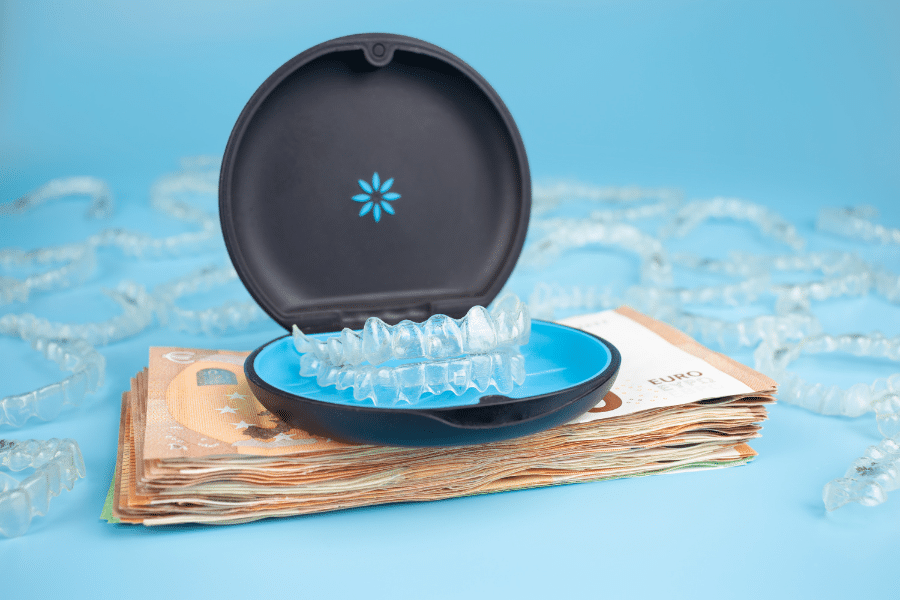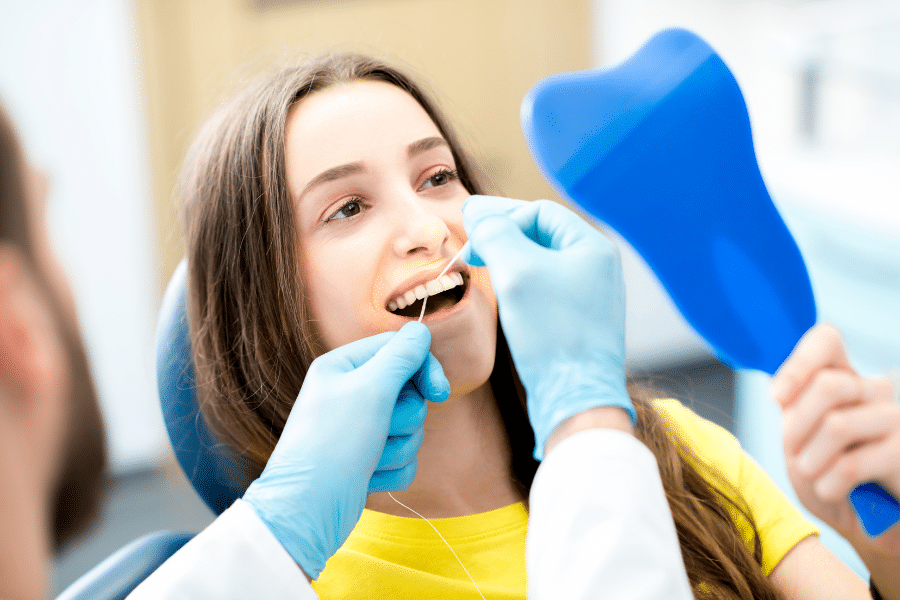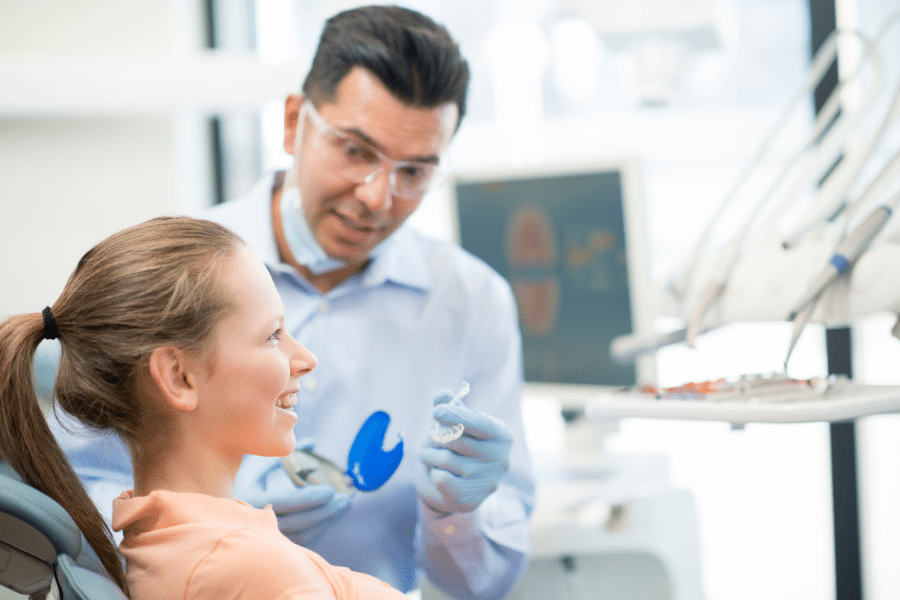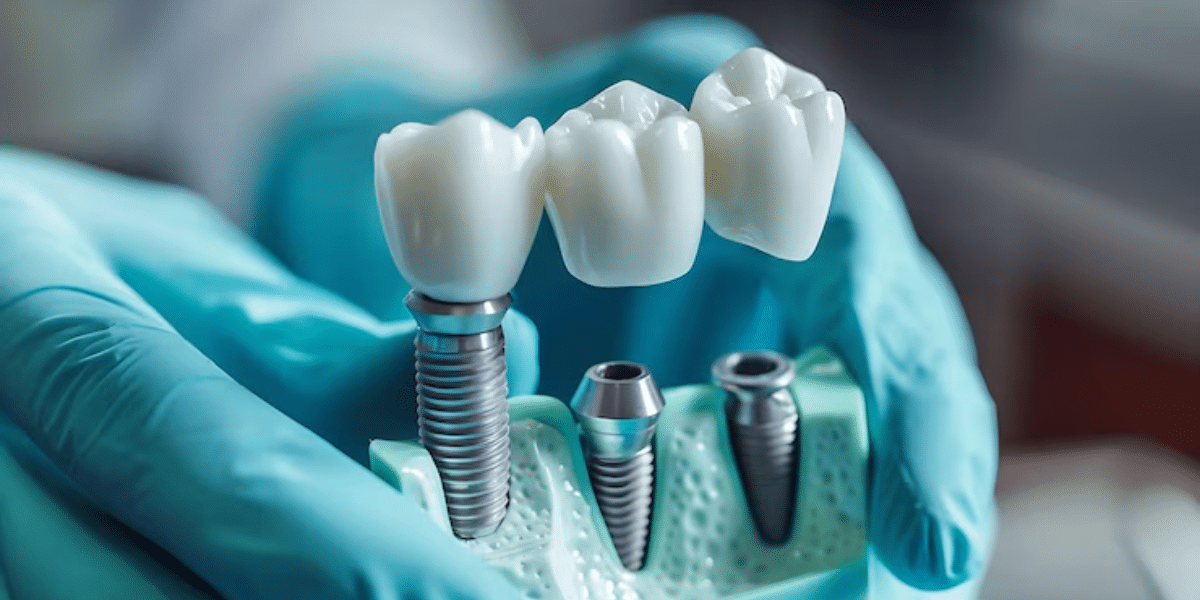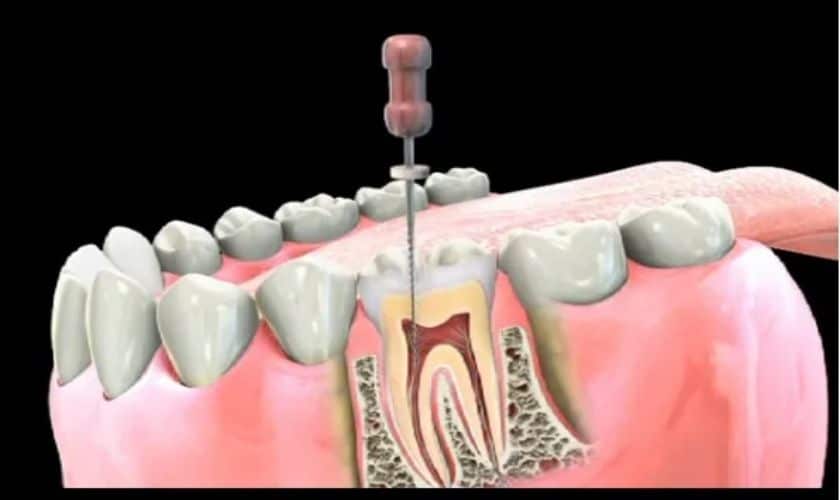
What is the Cause of Biting Pain After Root Canal?
A root canal, while often hailed as a savior for a troubled tooth, can leave you with a perplexing new problem: pain when you bite. This post-procedural discomfort can range from a dull ache to a sharp jolt, sending shivers down your spine with every chew. But what exactly causes this pain, and more importantly, how can you find relief? Let’s delve deeper, venture beyond the information readily available, and equip you with the knowledge and resources to navigate this unexpected hurdle.
Overview of the Root Canal Procedure
Before delving into the causes of biting pain after a root canal, let’s briefly review what the procedure entails. During a root canal, the dentist removes infected or damaged tissue from the inner chambers of the tooth, disinfects the area, and seals it to prevent further infection. While the goal is to eliminate pain and restore functionality to the tooth, some patients may experience discomfort when biting down in the days or weeks following the procedure.
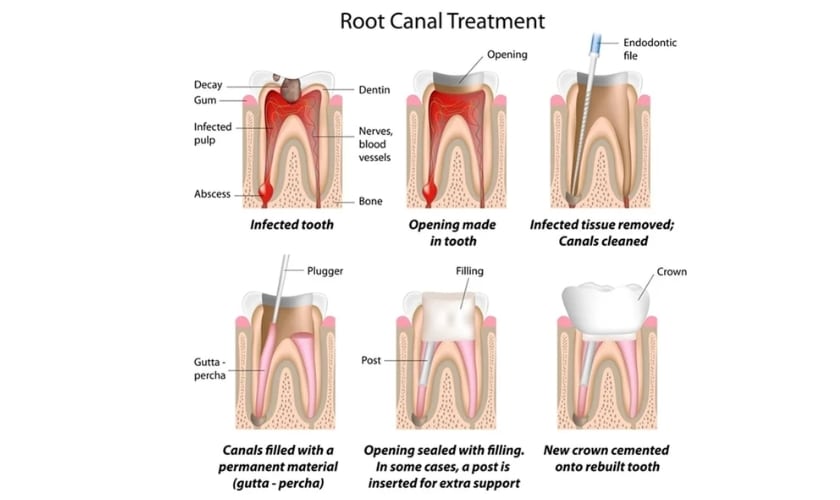
Root Canal treatment in Riverside – Inland Choice Dental
Understanding Biting Pain After a Root Canal
While root canal therapy aims to alleviate toothaches, experiencing some discomfort after the procedure is quite common. However, distinguishing normal post-treatment sensitivity from worrying signs of complications is crucial for your oral health. This guide delves into the reasons behind biting pain after a root canal, its severity levels, and when to seek professional help.
-
Mild discomfort (1-3 days): Expect slight soreness and tenderness, especially when chewing on the treated tooth. This is due to inflammation around the tooth and is usually manageable with over-the-counter pain medication.
-
Sharp or Throbbing Pain: If the pain intensifies, feels sharp, throbbing, or persists beyond a few days, it could indicate potential complications. These include:
- Incomplete cleaning: Lingering infection within the root canals.
- Instrument damage: Accidental injury to surrounding tissues during the procedure.
- Fractures: Pre-existing cracks in the tooth worsened by the procedure.
Common Causes of Biting Pain
1. Incomplete Infection Eradication: Sometimes, microscopic canals or hidden branches escape the cleaning process, harboring residual infection. This “ticking time bomb” can trigger pain upon biting, as pressure activates the lingering infection.
2. Microleakage and re-infection: Even the best fillings aren’t perfect. Microscopic gaps can develop, allowing bacteria to re-invade the canals, leading to inflammation and biting pain.
3. Cracked Tooth Syndrome: The root canal procedure, though minimally invasive, can sometimes leave microscopic cracks in the tooth structure. These cracks worsen with biting pressure, causing sharp, localized pain.
4. Peri-apical Issues: Inflammation at the bone tip around the root apex can linger after an incomplete root canal or due to anatomical complexities. This inflammation translates to biting pain, especially when pressure is applied.
5. Nerve Injury: Though rare, accidental damage to nerves during the procedure can result in persistent pain, tingling, or numbness, impacting your bite sensation.
Addressing Biting Pain After a Root Canal
- Follow-Up with Your Dentist: If you’re experiencing persistent biting pain after a root canal, it’s essential to schedule a follow-up appointment with your dentist. They can assess the issue and determine the appropriate course of action, whether it involves further treatment, adjusting the filling, or monitoring the healing process.
- Practice Good Oral Hygiene: Maintaining excellent oral hygiene is crucial for supporting the healing process after a root canal. Brush and floss regularly, and use an antiseptic mouthwash to prevent infection and promote gum health.
- Avoid Hard or Chewy Foods: To minimize discomfort when biting down, avoid hard or chewy foods that may exacerbate the issue. Stick to softer foods and take smaller bites to reduce strain on the treated tooth.
Tips for Avoiding Biting Pain After a Root Canal
- Follow your dentist’s instructions meticulously. This includes adhering to prescribed medication, maintaining good oral hygiene, and avoiding chewing hard foods.
- Apply ice packs to the affected area for 15-20 minutes at a time to reduce inflammation.
- Use a soft toothbrush and gentle flossing techniques to avoid irritating sensitive tissues.
- Consider over-the-counter topical pain relievers like gels or ointments for localized discomfort.
- Manage stress and anxiety through relaxation techniques like meditation or deep breathing.
At Inland Choice Dental, our team of experienced dentists in Riverside and endodontists prioritizes patient comfort and comprehensive care. We understand the anxieties surrounding root canals and are committed to providing a seamless and pain-free experience.
If you’re experiencing biting pain after a root canal, we encourage you to schedule an appointment with our skilled professionals. We utilize advanced diagnostic tools and techniques to accurately diagnose the cause and recommend the most effective treatment options to get you back to pain-free chewing and smiling with confidence.
FAQs:
Q: Is it normal to have pain after a root canal?
A: Mild discomfort for a few days is expected. However, persistent pain when biting requires professional evaluation.
Q: How long does pain after a root canal last?
A: Mild pain usually subsides within a few days with proper care. If it persists longer, consult your dentist.
Q: Can I use pain relievers after a root canal?
A: Over-the-counter pain relievers like ibuprofen can help manage discomfort. Always consult your dentist before taking any medication.
Q: What happens if the pain comes back months later?
A: It could indicate incomplete treatment, re-infection, or other issues. Schedule a visit with your dentist for a proper diagnosis and treatment plan.
Q: Can I prevent biting pain after a root canal?
A: Following your dentist’s post-treatment instructions, maintaining good oral hygiene, and avoiding smoking can significantly reduce the risk of pain.
